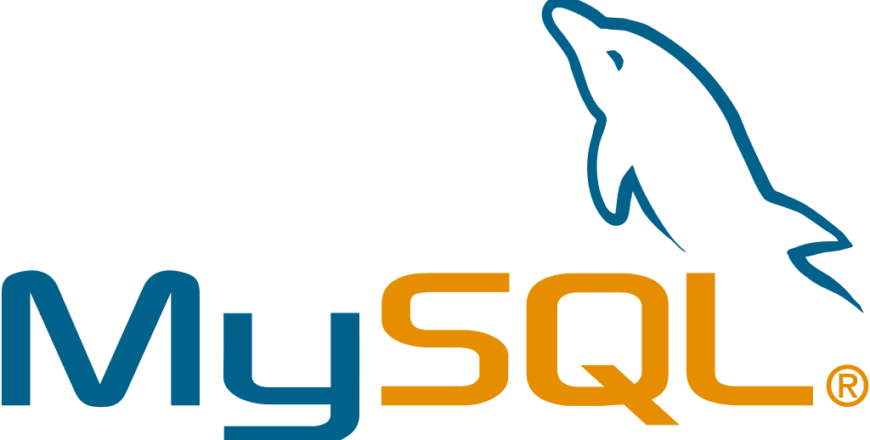SQL

- Description
- Reviews
What is MySQL?
MySQL is an open-source relational database management system (RDBMS). It allows you to store, organize, and retrieve data efficiently using Structured Query Language (SQL). MySQL is based on a client-server model, where the database server manages the databases, and clients interact with the server to access the data.
Advantages of MySQL:
-
Open Source and Free: MySQL is open-source software, which means it’s free to use, modify, and distribute. This makes it a cost-effective solution for both small projects and large enterprises.
-
High Performance: MySQL is designed for high performance, handling a large number of queries and data transactions. It’s optimized for read-heavy operations, which makes it suitable for web applications with high traffic.
-
Scalability: MySQL is highly scalable, meaning it can handle large databases and grow with your needs. It can manage large amounts of data and support a high number of users simultaneously.
-
Security: MySQL provides strong data security layers to protect sensitive data. Features like data encryption, user authentication, and access control help safeguard the database.
-
Reliability and Uptime: MySQL is known for its reliability and stability. It has features like automatic backups and recovery options, which ensure minimal downtime and protect against data loss.
-
Community Support: Being open-source, MySQL has a large and active community of developers who contribute to its improvement. This community support ensures regular updates, bug fixes, and a wealth of resources for learning and troubleshooting.
-
Cross-Platform: MySQL is cross-platform, meaning it can run on various operating systems like Windows, Linux, macOS, etc. This flexibility allows it to be used in diverse environments.
-
Integration: MySQL integrates well with many other tools and technologies, including various programming languages (like PHP, Python, and Java) and web servers (like Apache and Nginx). This makes it a preferred choice for web development.
Where is MySQL Used?
-
Web Applications: MySQL is widely used in web applications, including popular platforms like WordPress, Joomla, and Drupal. It’s a crucial part of the LAMP stack (Linux, Apache, MySQL, PHP/Perl/Python), which is a common architecture for developing web applications.
-
E-commerce: MySQL powers many e-commerce platforms like Magento and Shopify, where it handles product catalogs, user data, and transaction processing.
-
Data Warehousing: MySQL is often used in data warehousing solutions where large volumes of data need to be stored, processed, and analyzed.
-
Content Management Systems (CMS): Content management systems, which allow users to create, edit, and manage content on websites, commonly use MySQL as the backend database.
-
Social Media Platforms: Social media sites use MySQL to store and manage vast amounts of user data, posts, messages, and interactions.
-
Enterprise Applications: Many enterprises use MySQL for internal applications like customer relationship management (CRM), enterprise resource planning (ERP), and other business-critical applications.
In summary, MySQL is a powerful, flexible, and reliable database management system that is widely used in various applications, especially in web development. Its open-source nature, combined with its performance and scalability, make it an excellent choice for many types of projects.
